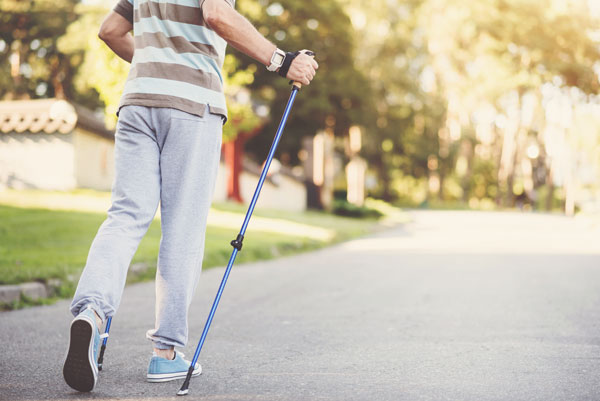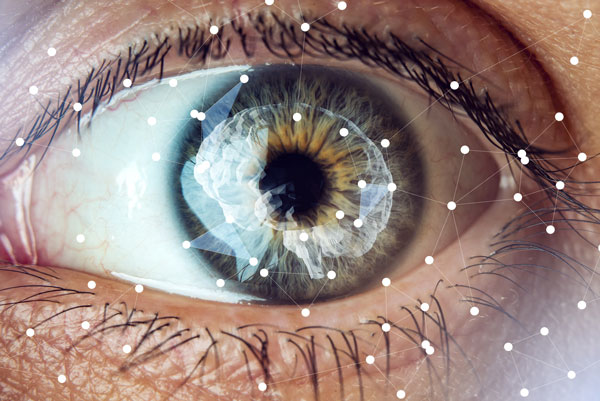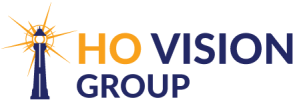Low Vision and Neuro-rehabilitation Optometrist: Dr. Ho
Acquired brain injuries can occur from a stroke or trauma. Such injuries result in an interruption of blood flow to areas of the brain that can damage brain cells and change how they normally process information. These changes can occur immediate or weeks after the incident.
Because over 50% of the brain is dedicated to visual processing, often vision problems can occur from the brain injury. Vision is a complex eye-brain process.
- Blurry / Unstable / Double Vision
- Loss of Peripheral or central visual field
- Eye Turn (or Strabismus)
- Glare or Light Sensitivity (especially Fluorescent)
- Eye aches or Headaches
- Difficulties with Reading (especially digital screens)
- Difficulties judging space and depth perception
- Dizziness / Nausea/ Motion Sensitivity / Visual Disorientation
- Changes in Body Posture or difficulty with coordination
- Falls or Balance Problems
- Concentration / Attention Changes
Special eyewear (such as prism glasses or tinted lenses) and/or vision rehabilitation therapy can reduce or eliminate some of the mentioned symptoms. Patients may be able to return to drive, work, and return to a previous quality of life even after a brain injury. Don’t accept the diagnosis that “nothing can be done, just learn to live with your condition”.
Our office specializes in guiding the recovery of these patients, but since brain injuries and recovery periods are unique to the individual, a comprehensive examination is required before any form of personalized treatment is prescribed.
Rehabilitation from stroke or traumatic brain injury is multi-faceted and may involve a multidisciplinary team including: physical therapists, occupational therapists, speech-language pathologists, neurologists, counseling, and neuro-optometrists.



